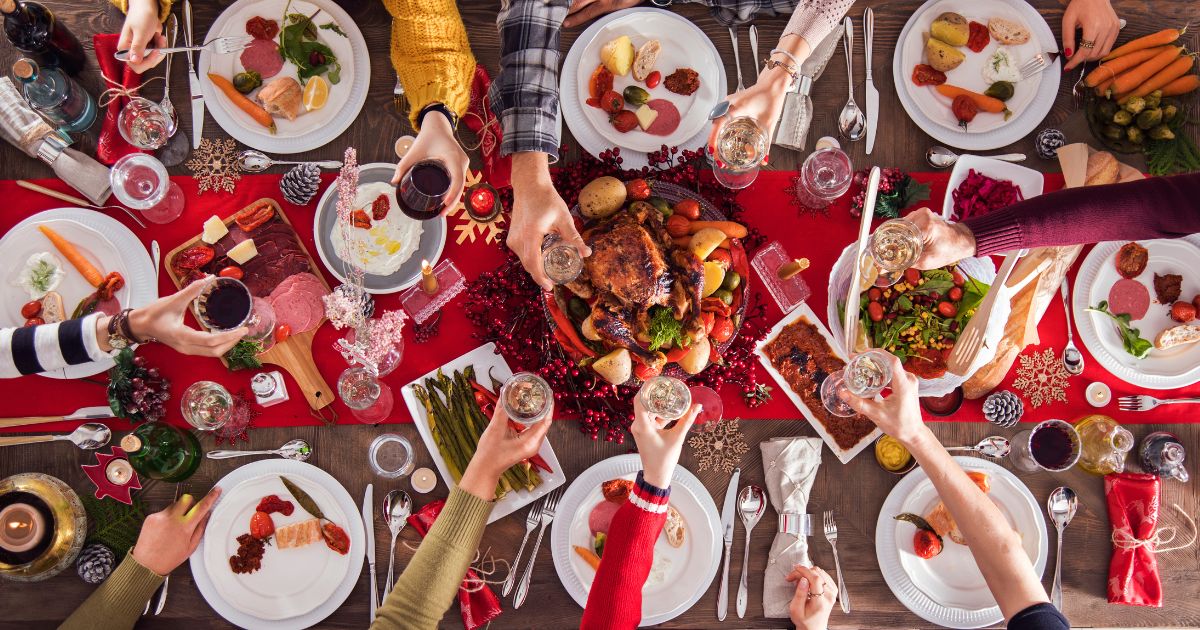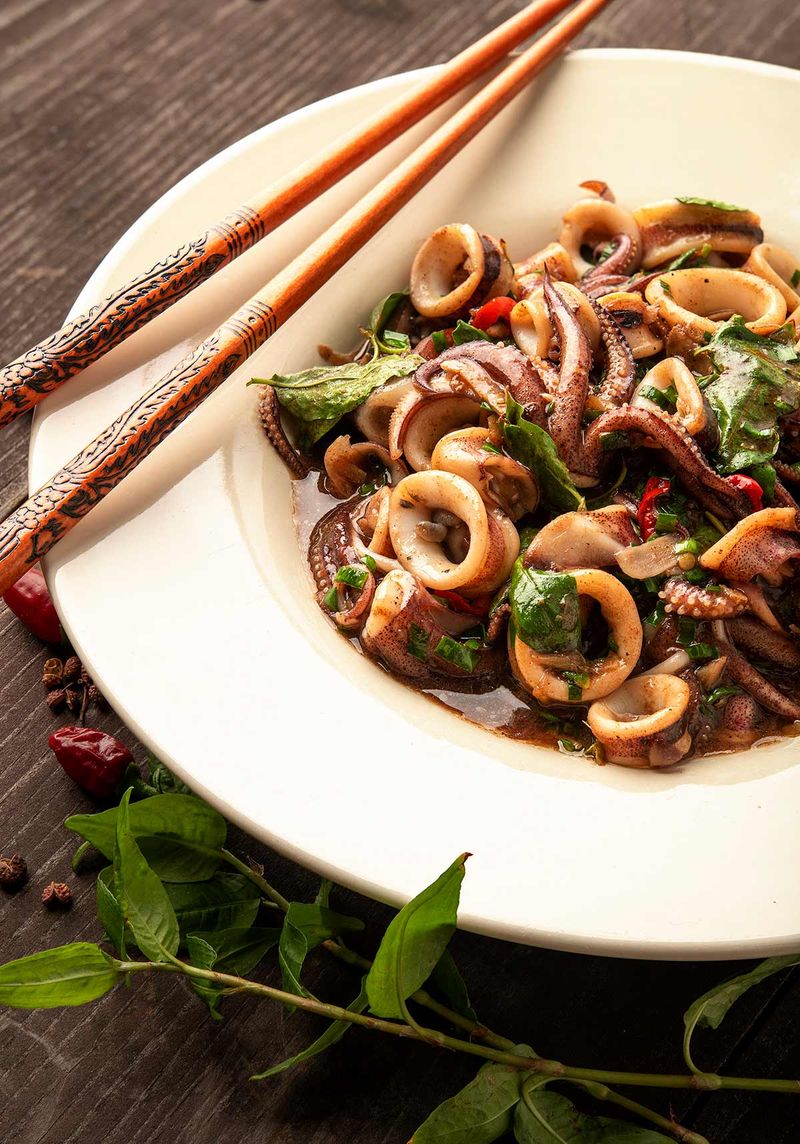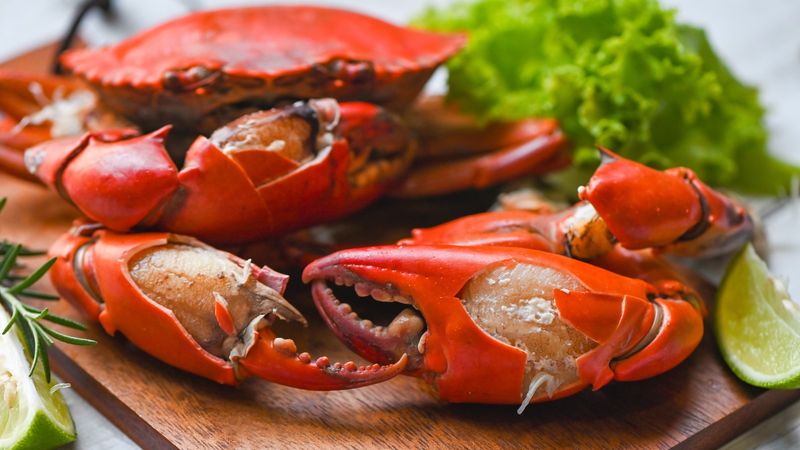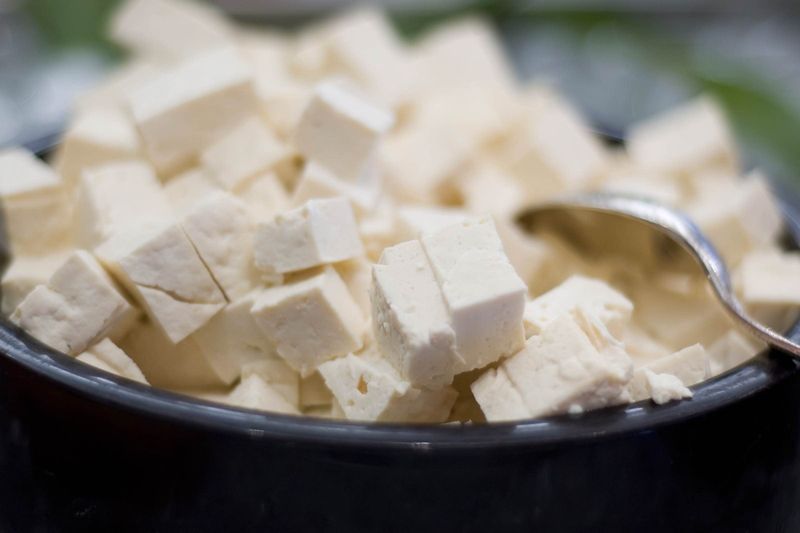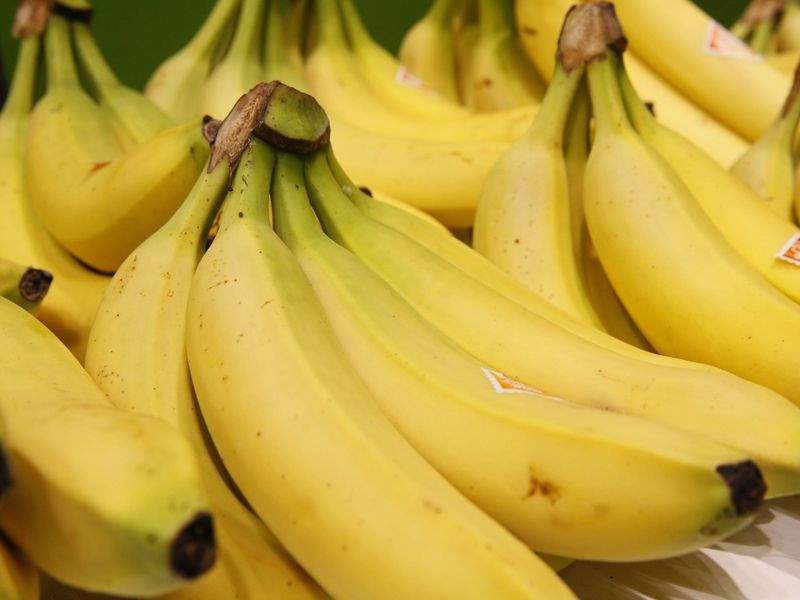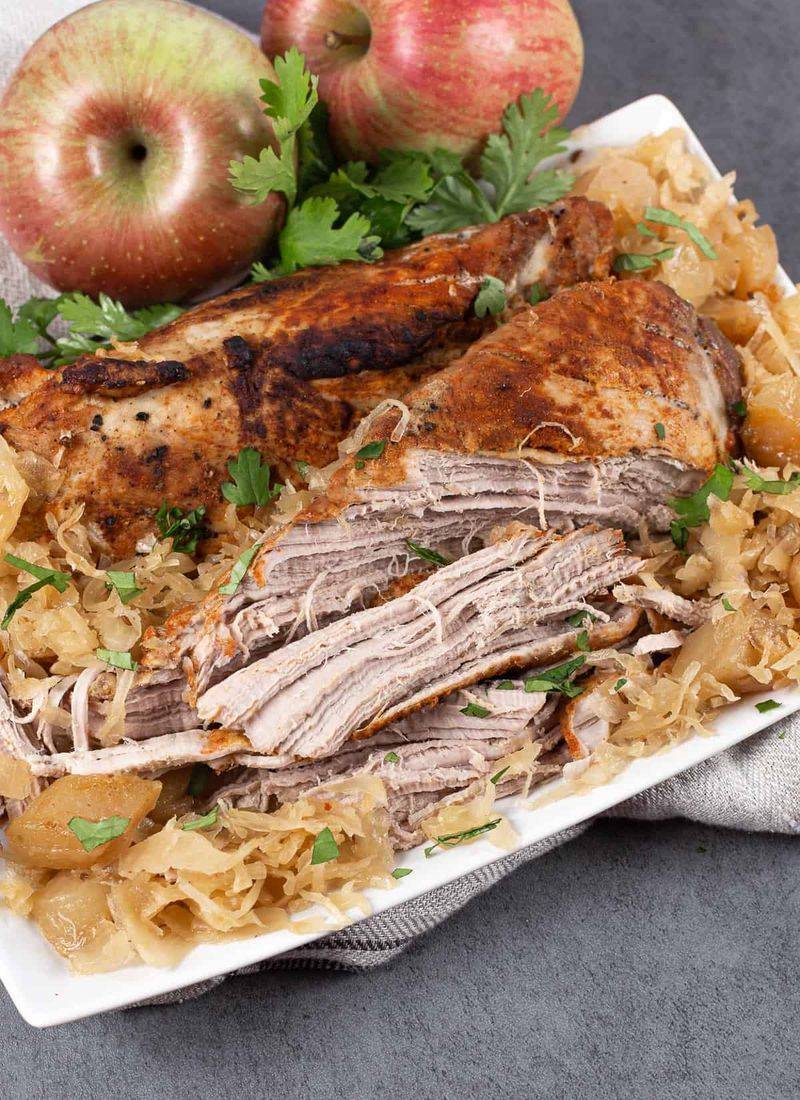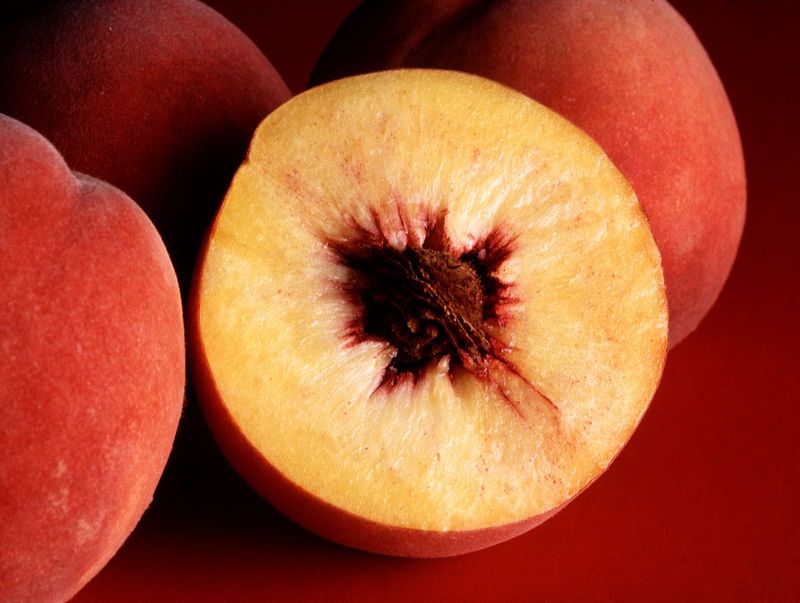New Year’s celebrations are filled with traditions and superstitions that vary across cultures. While some foods are believed to bring good luck, prosperity, or happiness, others are considered harbingers of bad luck or misfortune.
This list explores ten foods that are traditionally avoided during New Year’s festivities, as they are seen as inauspicious.
Whether you believe in these superstitions or not, it’s fascinating to learn how different cultures perceive certain foods, especially when ringing in a new year.
Join us as we delve into these culinary traditions and uncover why these foods carry such unlucky reputations.
1. Chicken
Eating chicken on New Year’s is considered bad luck in some cultures. The superstition stems from the bird’s behavior; chickens scratch backwards, symbolizing a move away from progress.
In New Year celebrations, forward movement is key to success and prosperity in the coming year. Eating chicken could mean that you’ll have setbacks or move backwards in your goals.
This belief is particularly strong in some Asian cultures, where forward momentum is seen as essential for growth and prosperity. Therefore, opting for chicken-free dishes might be a wise choice to encourage a prosperous year ahead.
2. Lobster
Lobsters are considered unlucky to eat on New Year’s in certain cultures due to their backward movement. This is believed to bring about regression rather than progression in the coming year.
The symbolism is rooted in the desire for forward momentum as a new year begins. As lobsters swim backwards, consuming them might mean you will face setbacks or reverse in your life’s journey.
This superstition is prevalent in various European countries where forward progress is valued. It’s often avoided to ensure the coming year is filled with advancements and achievements rather than delays.
3. Squid
In some cultures, squid is shunned during New Year’s celebrations due to its ink, which is associated with darkness and secrecy. The superstition suggests that eating squid might invite confusion or misunderstandings in the coming year.
New Year’s is a time for clarity and openness, so foods that symbolize the opposite are often avoided. While squid is a delicacy in many parts of the world, it’s best left off the New Year’s menu for those who adhere to this belief.
Embracing clear and transparent foods is seen as a better way to start the year on a positive note.
4. Crab
Crab is another seafood considered unlucky on New Year’s, primarily due to its sideways movement. This motion is thought to bring about stagnation or lack of progress in the new year.
The belief is that just as crabs move sideways, your journey might not be straightforward if you consume them. Many cultures emphasize forward movement and direct paths during New Year celebrations.
Avoiding crab dishes is seen as a way to promote straightforward progress and avoid any obstacles that might sidetrack your plans. It’s a tradition for those who wish to keep their journey clear and direct.
5. White Foods
White foods are often avoided on New Year’s as they symbolize death in some cultures, particularly in East Asia. The color white is associated with mourning and funerals, making it an unfavorable choice for festive celebrations.
Eating white foods during New Year’s is believed to invite bad luck or misfortune. Opting for colorful, vibrant foods is thought to bring better fortune and positivity.
It’s a simple yet symbolic way to ensure that the year ahead is filled with life and happiness rather than negativity. This tradition highlights the cultural significance of color in culinary choices.
6. Bananas
Bananas are considered bad luck on New Year’s in some cultures because of their slippery nature. The superstition suggests that eating bananas might cause things to slip out of your control in the coming year.
Just as their peel is slippery, your endeavors might face unexpected challenges or failures. It’s a belief that resonates with those who seek stability and control as they enter a new year.
To avoid potential mishaps or loss of control, bananas are often left out of New Year’s meals. Instead, more grounded and stable foods are preferred to ensure a steady path forward.
7. Pork
Avoiding pork on New Year’s Day comes from the belief that pigs root forward, rather than backwards, which is actually seen as a good sign. However, in some cultures, pig’s association with gluttony and indulgence makes it inauspicious.
Overindulgence is thought to bring laziness or lack of motivation in the new year. Therefore, avoiding pork might be a way to ensure a disciplined and motivated start to the year.
This belief is particularly prevalent in cultures that value restraint and moderation. Opting for lighter, more modest meals can be a symbolic gesture of maintaining balance and focus.
8. Fish with Head and Tail
Eating fish with the head and tail still attached is considered bad luck in some cultures as it’s believed to represent a lack of direction. The idea is that consuming a whole fish might mean the year ahead will be scattered or unfocused.
The superstition encourages cutting off the head and tail to symbolize a clear beginning and end to the year. This practice is rooted in the desire for a well-defined and directed path as one enters a new year.
Therefore, preparing fish in a way that reflects clarity and direction may promote better fortune.
9. Eggs
Eggs, despite being a symbol of new beginnings, are avoided by some on New Year’s due to their fragility. The association with fragility might suggest that the upcoming year could be delicate or breakable.
While eggs represent potential and new life, their fragile nature is seen as a warning. Balancing the symbolism of new beginnings with the need for strength and resilience is crucial.
For those who adhere to this belief, choosing foods that symbolize strength and durability is preferable. This helps in ensuring that the new year is robust and filled with enduring opportunities.
10. Peach
In certain cultures, peaches are believed to bring bad luck on New Year’s due to their association with immortality and the supernatural. The belief suggests that eating peaches might invite spirits or supernatural influences into the new year.
Although peaches are often seen as symbols of longevity and prosperity, this superstition cautions against inviting too much of a good thing. It’s a delicate balance between embracing life’s sweetness and avoiding potential spiritual disturbances.
To steer clear of unwanted supernatural attention, avoiding peaches during New Year’s celebrations is sometimes recommended for a harmonious start to the year.
